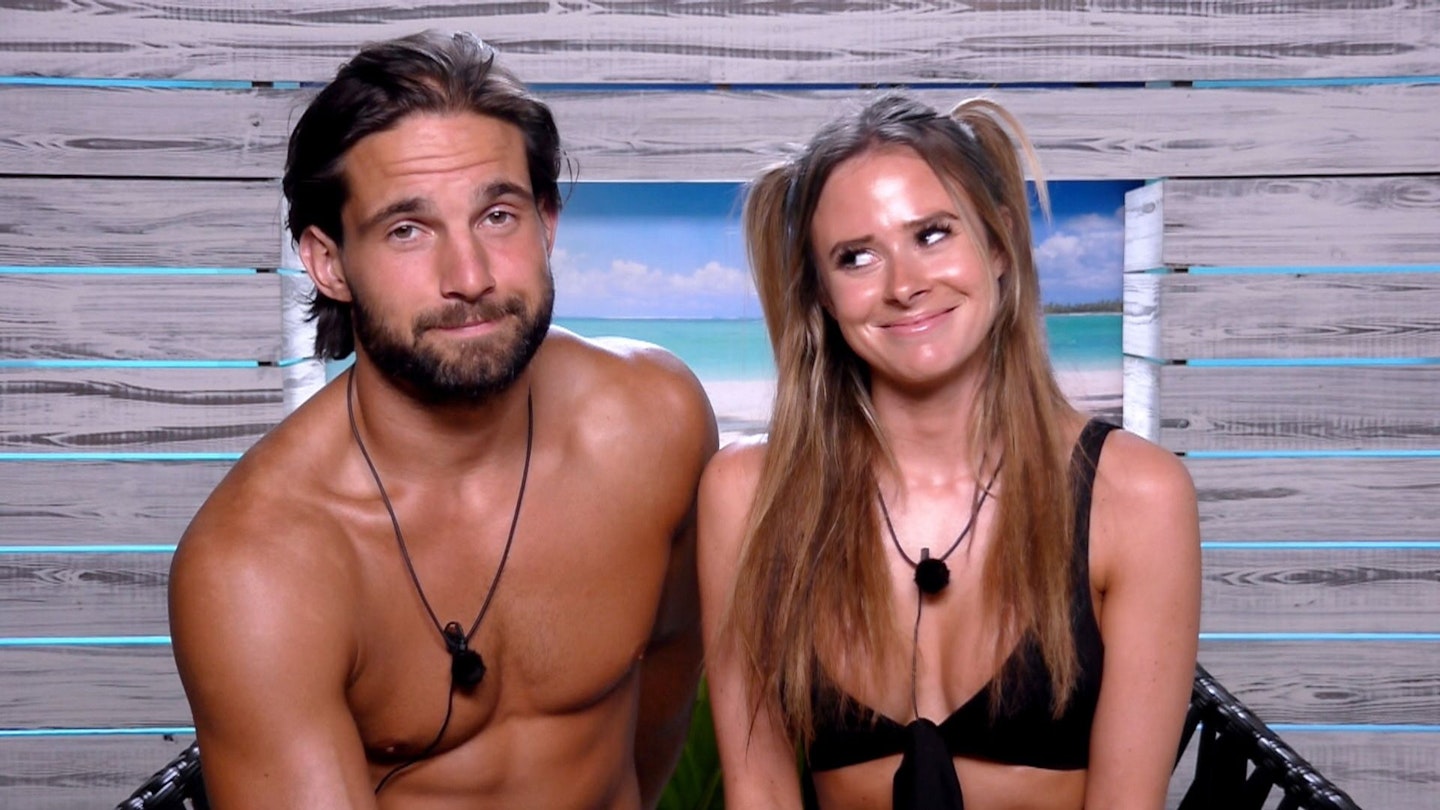Carl Jung is believed to have said 'Synchronicity is an ever present reality for those who have the eyes to see.' Oogway, the talking tortoise from Kung Fu Panda said 'There are no accidents.' In this fatalistic universe, Love Island wasn’t the surprise sleeper hit of 2017, the little reality show that could, but a burst storm cloud, a pandemic that was coming for us all. It had gathered so much heat, and so much momentum that it could only move at speed or explode. It did both.
Love Island is back for its fourth series, not counting the first celebrity version in 2005, or the Australian edition that started airing last month. Conceptually, it’s simple, and borrows heavily from the canon of reality shows and game shows. Its origins begin with Blind Date, there are shades of Take Me Out, it has aspects of MTV – Singled Out, The Real World, and The Hills, and our own dear old Made in Chelsea and TOWIE. Last year it inspired a couple of its own imitators, Survival Of The Fittest and Bromans, neither of which captured everyone’s imaginations to the same extent as the events of last summer. It’s a game with a competitive element and a cash prize – couples get broken up and reformed ritually, under the direction of presenter Caroline Flack, and the country votes to decide who stays on the Island and who is sent home. But it’s difficult to game the system. The winner is the person who can show that they love and are loveable, 24/7. We don’t want to watch the Islanders play to win. We want romance.
I think the conversation around Love Island changed last year because of a conversation about feminism. Camilla, the bomb disposal expert with a 1940s BBC radio announcer voice schooled Johnny during a conversation about who pays for what on dates – a conversation that every woman watching has probably suffered over warm white wine in a suburban Slug and Lettuce. Twitter cheered. It’s rare and wonderful to see feminism come up on prime time TV, especially in an hour given over to hairspray and halterneck bikinis. We started to realise that the conversations Love Island was provoking were almost as exciting as the chats on the programme itself. Chris cried openly, and mental health appeared high up on the news agenda. The openness and friendship between Kem and Chris prompted discussions about friendship and relationships among young men. When other reality shows depicted troubling relationships that seemed to be built on control and coercion, with no consequences, Love Island seemed woke.
That’s not to say it’s a perfect programme. The casting is overwhelmingly white, and viewers were shocked and alarmed when Hayley Hughes asked the only woman of colour on the programme, Samira Mighty (a professional dancer who has worked on several West End productions), whether she could twerk. Another issue is the lack of physical diversity. Every single cast member seems slim, toned and conventionally beautiful – and I don’t think there has ever been a plus size Love Island contestant. This feels anachronistic as well as unrepresentative. Programmes like Love Island have an opportunity to be much more forward thinking with their casting – they can change the parameters and set a much broader beauty standard for the rest of the world to follow. Of course, everyone wears swimwear – it’s hot on the island – but it doesn’t have to look like the bikini round of Miss World in 1976.
Of course, Love Island is deliberately old fashioned in some ways, and that’s what we respond to. Not the handspan waists and casual racism, but the retro idea of love at first sight, not last swipe. Most viewers will be familiar with dating apps and the dating trends they have spawned, like ghosting, breadcrumbing, and the one where you send vague messages for eight months and don’t get to go for a single drink. Tabloids claim to be scandalised by the idea that the contestants might have sex in the villa, but I think viewers are enchanted by the idea of seeing their date’s penis in the flesh, consensually, after many meetings, instead of having a picture of it pop up on their phone from the moment that numbers are exchanged. Digital dating permits a lot of seriously bad behaviour. Not everyone in Love Island is honourable cough, Johnny but everyone can be held accountable. Unlike most reality shows, the Love Island format is hugely satisfying for anyone who is frustrated by modern dating, because it’s a little bit like watching a fairytale. The baddies are punished, the good get rewarded and justice is served.
Ultimately, the success of Love Island depends on two kinds of love. We need to see a successful, passionate romance to play out in the villa, but we also need the warm, fuzzy feeling the fans and viewers generate. When the world feels very divided, this is a programme that has the power to bring us together. But that only happens when it feels inclusive, and in order to stay as relevant and addictive as last year, it needs to feel like a programme that has been made for everyone. Love Island can only work if it unites us – and it can only do that if we want to take to the sofa and tune in as a nation.
